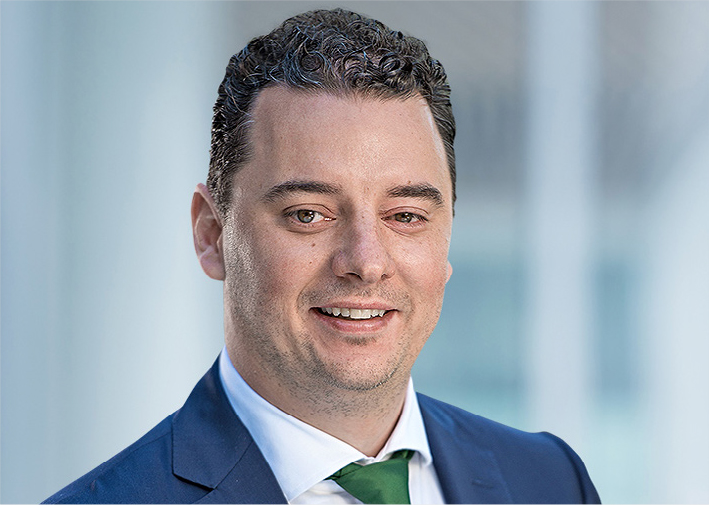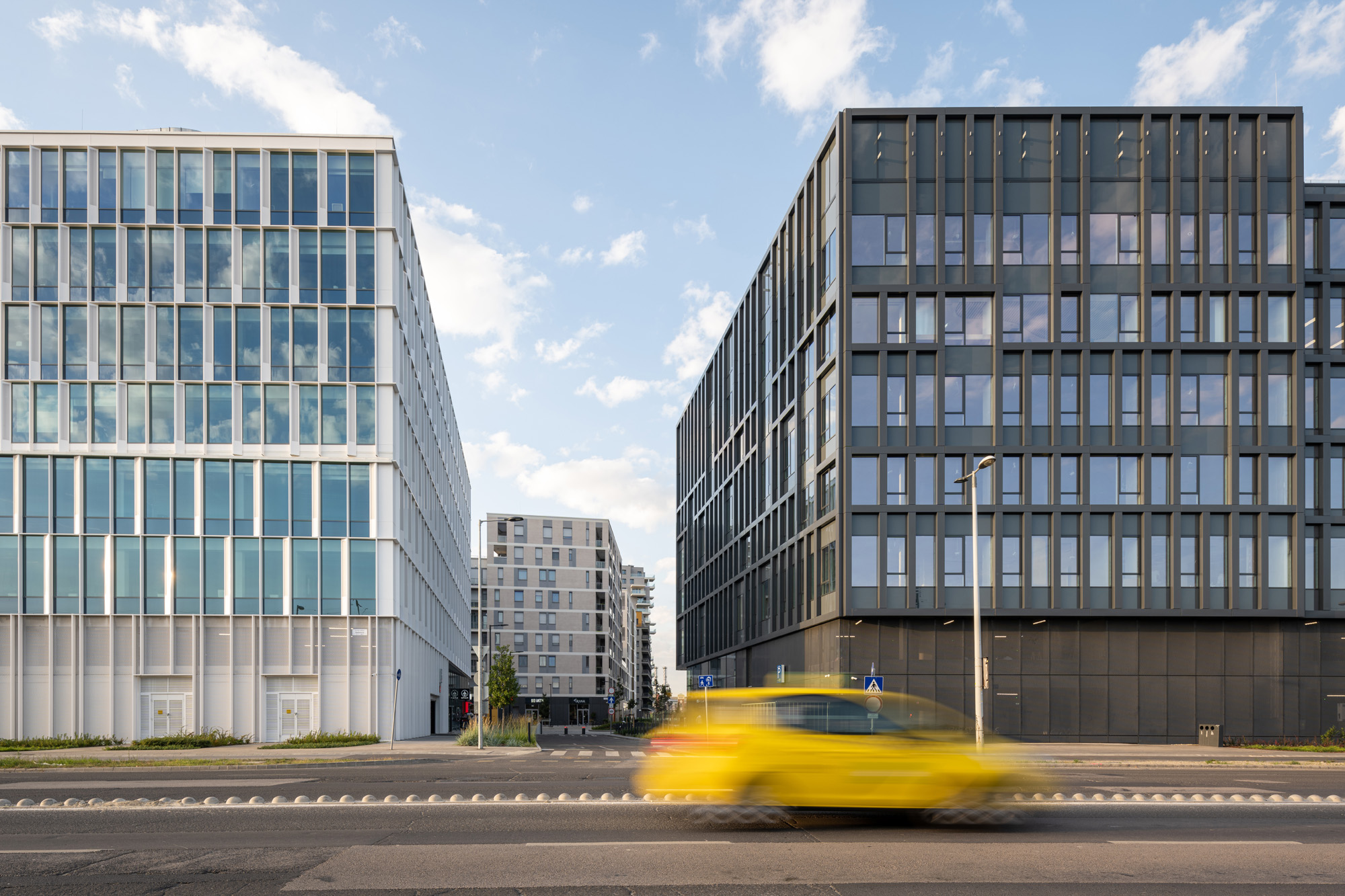The office market will recover after the pandemic quite quickly. We have already experienced more activity on the market since the beginning of this year, which we assume will further evolve in the rest of the year and, by 2022, office leasing fundamentals will begin to significantly improve again and achieve pre-pandemic figures.
The volume of preleases has been changing quarter-by-quarter (whether there is a pandemic or not). Just one example: in 2019 in the first quarter (pre-COVID era), the share of preleases was only 4%, but in Q1 2020 (during the COVID crisis) preleases represented 14% of the total take-up. Therefore, we assume that a similar trend is expected in the post-pandemic era, in terms of demand and potential preleases.
There is already a healthy amount of new office supply and I think that the recovered market conditions will further encourage the undertaking of new office projects, but extreme oversupply is not expected.
Tenants appear to be settling their office operations and, with the advent of hybrid office use, they will settle into this form of operation in the longer term. However, it is important to highlight that while most emphasis is placed on communal areas, collaborative spaces and meeting rooms, the proportions of office space will not decrease because a denser seating plan will be considered.
Nikolett Püschl
Leasing and development director
Atenor Hungary

Dr. Mihály Schrancz
I think we should be cautious to identify long-term trends that are completely rearranging our industries regarding previous standards. The partial home office approach will probably stay as a common practice, but the full-time home office is not efficient enough in an emerging economy situation. Personal relationships are important in internal operational processes, personal presence remains an essential element, and it also supports the onboarding of new colleagues, efficiency, and team dynamics.
We have had many conversations, both with our existing tenants in connection with lease renewals and with leading experts in our market; lively discussions continue to be held about home office and the internal restructuring of office space. Overall, we find that corporate executives, HR, and internal communications teams are having a hard time maintaining corporate culture and efficiency during the pandemic, and employees perceived the home office situation in the winter in a completely different and much more negative way.
At Property Market, we create high-quality products and services with all our projects, each with explicit added value. I believe that even if the market fluctuates and the pace of development changes, there will always be demand for these unique products.
At BudaPart, our basic concept, with the 13 office buildings and the hotel, is to become one of the most important business districts of the capital. We are working tirelessly to market BudaPart as seperate from the South Buda sub-market and make it into an independent sub-market in its own right, a new “Buda Business District”, extending to the office buildings in our immediate vicinity.
Dr. Mihály Schrancz
Managing director
Property Market

